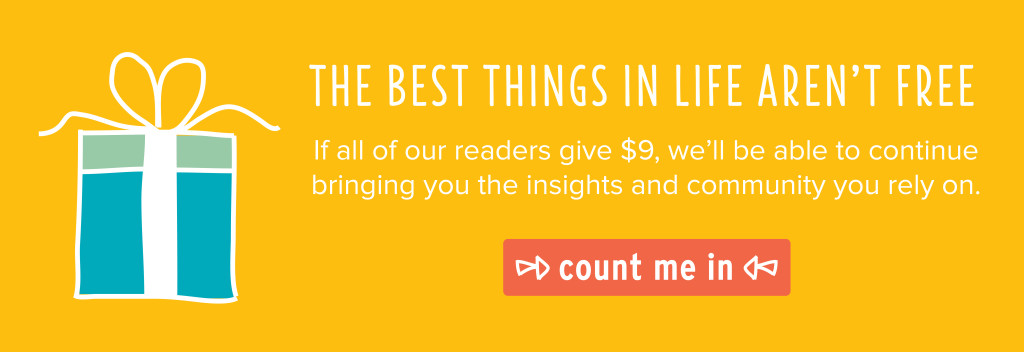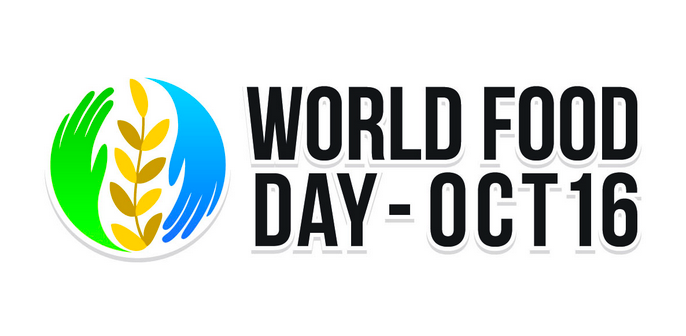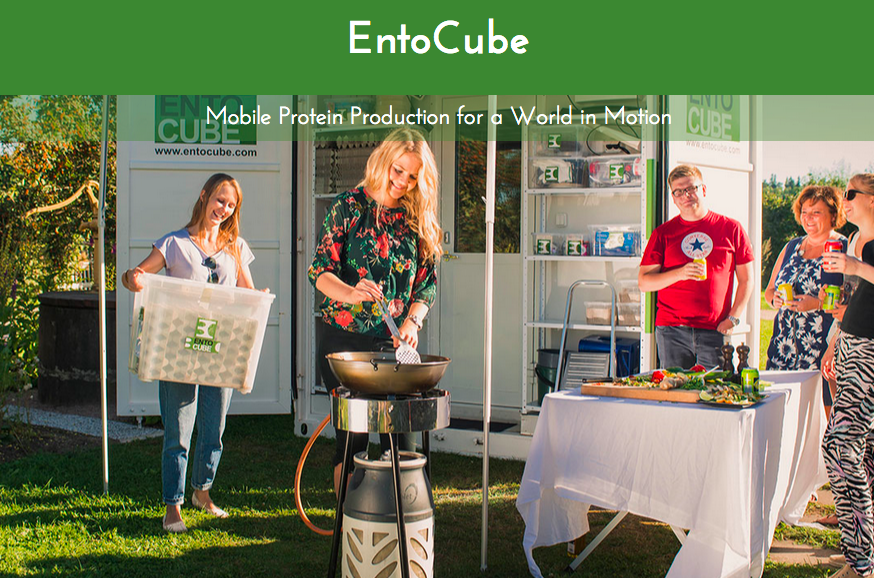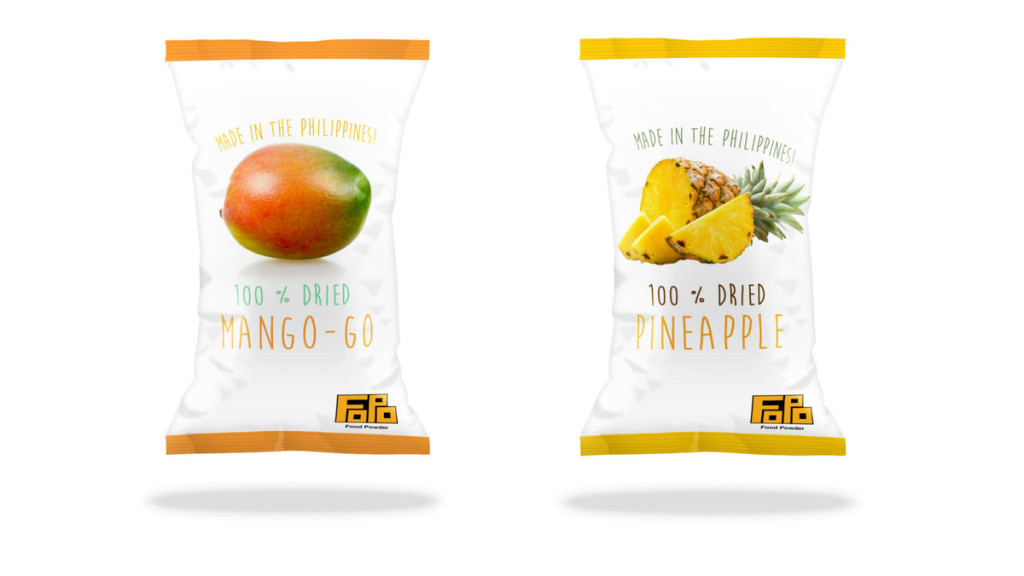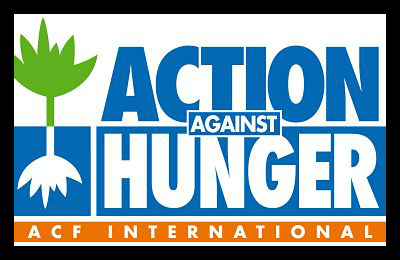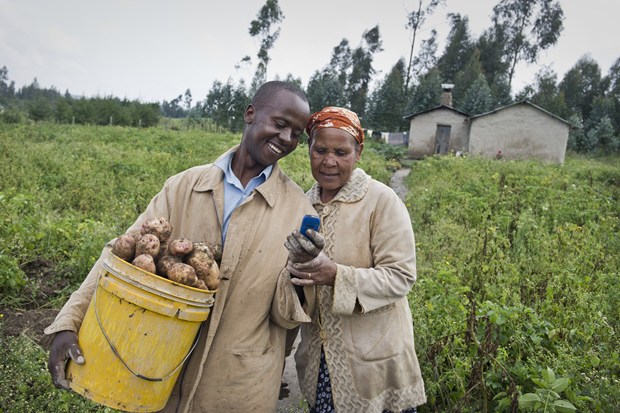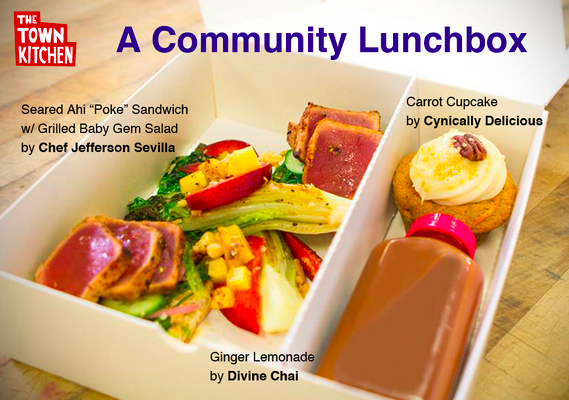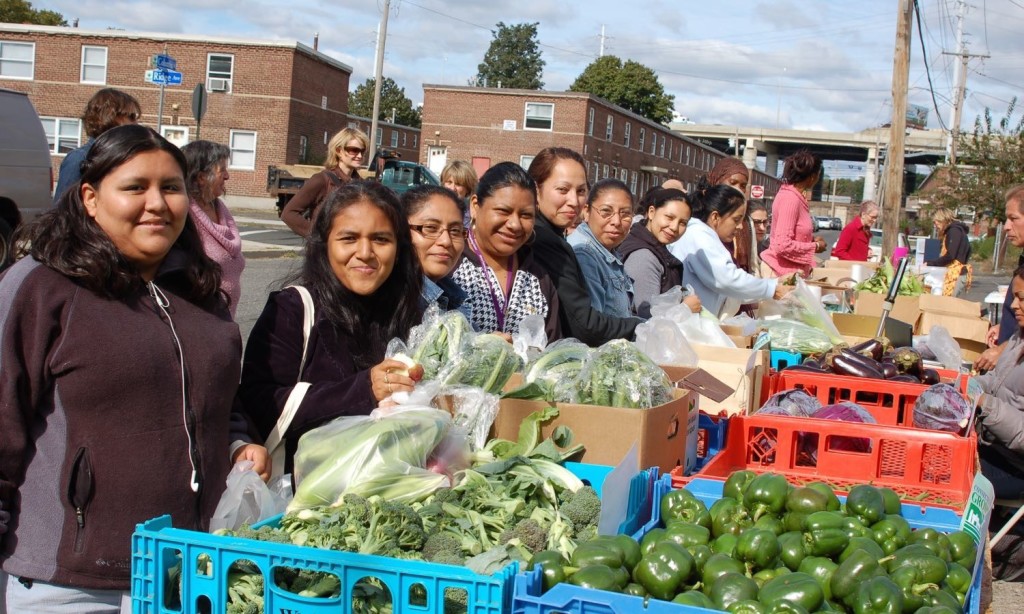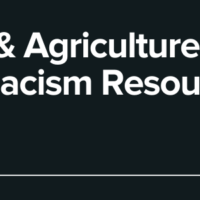805 million people around the world are hungry. 13.5 percent of the population in the developing world is malnourished. And 4 in 10 children in poor countries are malnourished. The statistics are staggering. However, the world currently produces enough food to feed everyone on the planet.
Happening on October 16, World Food Day aims to mobilize action to end world hunger while educating on its devastating effects globally. In honor of World Food Day, we have put together a list of six innovative organizations that are working to eradicate hunger and build a more sustainable future for people, profit and the planet. These organizations will hopefully bring us one step closer to achieving The United Nations’ goal to end extreme poverty and hunger and achieve food security by 2030.
____________
EntoCube
EntoCube is betting that insects can help end world hunger. The Finnish company has developed a climate-controlled shipping container system that can mass produce crickets anywhere in the world year-round. Why crickets? They’re an incredibly sustainable source of protein. They produce 80 times less methane than cows and require 20 times less resources to farm. EntoCube plans to sell the containers (which come complete with crickets and training materials) to communities in developing countries. It aims to partner with NGOs, universities and more to help distribute the systems to communities in need at low cost.
FoPo
FoPo wants to eradicate hunger and reduce food waste at the same time. It has developed a technology that turns imperfect or “ugly” produce into a nutrition-packed powder. Created by a group of students at Lund University in Sweden, FoPo retains 30-80 percent of the fruits’ nutritional value but has a two year shelf life. The powder, which is available in banana, raspberry and mango flavors, can be added to anything from baked goods to smoothies. FoPo has partnered with a charitable organization in the Philippines to add the powders to food relief packs, and Philipino retailers are also on board to donate their unsellable produce to FoPo. The startup hopes to start partnering with NGOs world wide in 2016.
Action Against Hunger
Action Against Hunger is a global humanitarian organization committed to ending world hunger. It works to save malnourished children and provide communities sustainable hunger solutions, as well as safe drinking water. In addition to providing aid to populations in distress during global emergencies, Action Against Hunger trains communities around the world on long term best practices for water sanitation and hygiene. It also also helps families and communities become self-sufficient by providing them the tools to improve agricultural production.
M-Farm
M-Farm gives Kenyan farmers access to pricing transparency. Because many farmers still do not have access to the Internet, the tool leverages SMS-technology and only requires farmers to text #20255 to receive pricing information on their products. The tool also allows them to buy their farm inputs directly from manufacturers and find buyers for their produce. M-Farm gives a voice to farmers by providing them access to favorable market prices and allowing them to connect with other farmers to sell their products collectively.
The Town Kitchen
Oakland, CA-based The Town Kitchen introduces under-served youth to talented chefs and entrepreneurs, in order to give them the the skills and network they need for a bright future. It does this through meal delivery. The startup works with local growers, makers and chefs to deliver locally-sourced lunch boxes for $13. The Town Kitchen employs under-served youth, pays them fair wages and offers them access to college classes as well. Its clients include GAP, Indiegogo, and Sift Science.
Wholesome Wave
Wholesome Wave wants to bring affordable, healthy, local food to all. Its programs help tens of thousands of families purchase good food at an affordable price. Wholesome Wave’s Fruit and Vegetable Prescription Program helps families affected by diet-related diseases get “prescriptions” for fruits and vegetables that can be redeemed at farmers markets and retailers. Its National Nutrition Incentive Network provides monetary incentives when low-income consumers put their federal nutrition benefits towards purchasing fresh fruits and vegetables. Wholesome Wave has programs in 32 states, more than 5,700 participating farmers and over 80 community partners.

